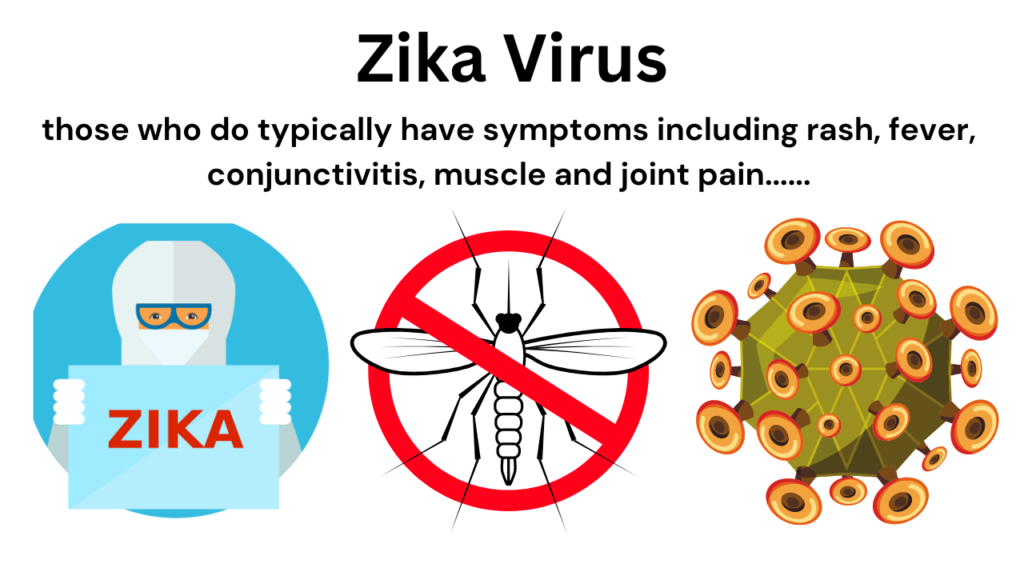Zika Virus: A Byte-Sized Breakdown for the Curious
Remember “Zika”? It dominated headlines a few years back, sending shivers down the spines of expecting mothers and travel enthusiasts alike. But lately, it’s faded from the news cycle. So, what’s the deal with Zika? Is it still a threat, and if so, what should we know? Don’t worry, grab a metaphorical cup of coffee (or tea, if that’s your jam) because we’re about to unpack the Zika virus in a way that’s easy to understand.
First things first: What is Zika?
Imagine a tiny little villain, smaller than a speck of dust. That’s kind of what the Zika virus is – a microscopic foe transmitted by a specific type of mosquito, the Aedes aegypti. This mosquito, also known as the “yellow fever mosquito,” is most common in tropical and subtropical regions.

So, how do you get Zika?
The most common way to catch Zika is through a mosquito bite. These pesky insects can pick up the virus by feeding on an infected person, then unknowingly pass it on to the next person they bite. Less common ways to contract Zika include sexual transmission from an infected partner and mother-to-child transmission during pregnancy.
What are the symptoms?
The good news is that most people infected with Zika don’t even experience symptoms! But for those who do, it usually feels like a mild case of the flu. We’re talking fever, rash, joint pain, red eyes, and maybe some fatigue. These symptoms typically show up within a week of being infected and usually clear up within a few days.
Here’s where things get serious: Zika and Pregnancy
While Zika itself is generally mild, the real concern lies with its potential impact on pregnant women. The virus can be transmitted from a mother to her developing baby, and in some cases, it can cause severe birth defects, including microcephaly, a condition where a baby’s head is significantly smaller than expected. This can lead to developmental problems.
Is there a cure or treatment for Zika?
Unfortunately, there’s no specific cure or treatment for Zika itself. The focus is on managing symptoms and preventing mosquito bites. If you’re pregnant and think you might have been exposed, it’s crucial to see a doctor for monitoring and guidance.
The Big Question: Should I be worried?
The short answer: It depends. Zika outbreaks haven’t been as prominent in recent years, but the virus still exists in some parts of the world. Here’s what to consider:
- Travel: If you’re planning a trip to a Zika-affected area, talk to your doctor. They can advise you on precautions and assess your risk based on your individual situation.
- Pregnancy: If you’re pregnant or trying to conceive, it’s wise to be extra vigilant about mosquito bites. Talk to your doctor about additional precautions you can take.
- General Awareness: Even if you’re not planning a trip or pregnant, staying informed is always a good idea. Keep an eye on travel advisories and public health updates.
Guard Against Mosquito Bites:
- Repellent: This is your frontline defense! Use an EPA-registered insect repellent with DEET, picaridin, IR3535, oil of lemon eucalyptus (for those over 3 years old), or para-menthane-diol. Apply according to the product label instructions, especially during peak mosquito hours (dusk and dawn).
- Clothing: Wear long-sleeved shirts, pants, and socks whenever possible, especially outdoors. Opt for light-colored clothing that reflects heat, making you less attractive to mosquitoes.
- Eliminate Breeding Grounds: Mosquitoes love stagnant water. Get rid of any potential breeding sites around your home by emptying outdoor containers, clearing clogged gutters, and covering trash cans.
- Sleeping Protection: If you’re sleeping outdoors (camping, for example), use a mosquito net treated with insecticide.
Additional Tips:
- Monitor for Symptoms: While most people with Zika don’t experience symptoms, be aware of the signs (fever, rash, joint pain, red eyes, fatigue) and consult a doctor if you suspect exposure.
- Pregnant Women: If you’re pregnant and concerned about Zika exposure, prenatal care and monitoring are crucial. Your doctor can provide guidance and testing options.
